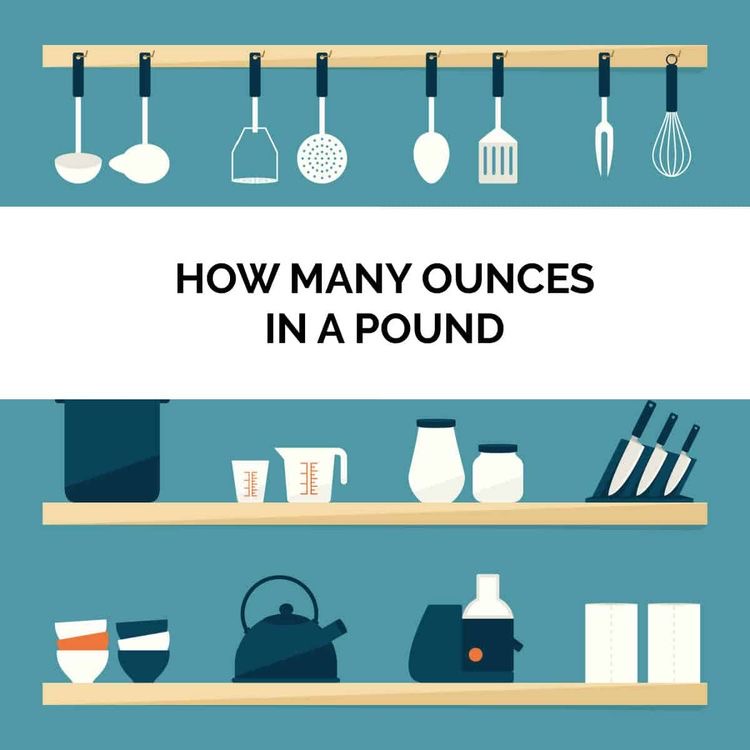
Table of Contents
Introduction:
High blood pressure, also known as hypertension, is a common health issue that can increase the risk of heart disease and other serious conditions. While medication can be prescribed to manage hypertension, lifestyle changes play a crucial role in preventing, delaying, or reducing the need for medication. In this comprehensive guide, we will explore 10 lifestyle changes that can help lower and maintain healthy blood pressure levels.
Lose Weight and Maintain a Healthy Waistline For Controlling The High Blood Pressure
One of the most effective ways to control high blood pressure is by shedding extra pounds. Excess weight is often associated with elevated blood pressure and can lead to sleep apnea, which further exacerbates the condition. Weight loss, even in small amounts, can significantly reduce blood pressure. Typically, for every kilogram (about 2.2 pounds) of weight lost, blood pressure may decrease by about 1 millimeter of mercury (mm Hg).
Additionally, the size of your waistline is crucial in managing blood pressure. Men with waist measurements greater than 40 inches and women with measurements greater than 35 inches are at higher risk. However, these numbers may vary among ethnic groups, so it’s essential to consult with your healthcare provider for personalized recommendations.
Regular Exercise for a Healthier Heart
Physical activity is a cornerstone of a healthy lifestyle, and it can effectively lower high blood pressure by approximately 5 to 8 mm Hg. Maintaining a consistent exercise routine is key to preventing blood pressure from rising again. Aim for at least 30 minutes of moderate physical activity daily to keep your blood pressure in check.
Aerobic exercises such as walking, jogging, cycling, swimming, or dancing are excellent choices for reducing blood pressure. High-intensity interval training, which involves alternating intense and lighter activity periods, can also be beneficial. Additionally, incorporating strength training exercises at least two days a week can further help in reducing blood pressure. Consult your healthcare provider for personalized exercise recommendations and guidelines.

Adopt a Heart-Healthy Diet
Diet plays a pivotal role in managing blood pressure. A diet rich in whole grains, fruits, vegetables, and low-fat dairy products while being low in saturated fats and cholesterol can lower high blood pressure by up to 11 mm Hg. Two well-regarded eating plans that can aid in blood pressure control are the Dietary Approaches to Stop Hypertension (DASH) diet and the Mediterranean diet.
Potassium, found in foods like fruits and vegetables, can counteract the effects of sodium on blood pressure. It is advisable to aim for a daily potassium intake of 3,500 to 5,000 mg, which may lower blood pressure by 4 to 5 mm Hg. Always consult your healthcare provider to determine the ideal potassium intake for your specific needs.
Reduce Sodium Intake for a Healthier Heart
Even a modest reduction in dietary sodium (salt) can contribute to better heart health and reduce high blood pressure by about 5 to 6 mm Hg. It is generally recommended to limit sodium intake to 2,300 mg per day or less. For most adults, an even lower intake of 1,500 mg per day is considered ideal.
To reduce sodium consumption:
- Carefully read food labels and opt for low-sodium versions of products.
- Minimize processed foods, as they often contain high levels of added sodium.
- Enhance the flavor of your meals using herbs and spices rather than salt.
- Prepare your meals at home to control the sodium content.
Moderation in Alcohol Consumption
Limiting alcohol intake can be an effective strategy to lower blood pressure. Women should consume less than one drink per day, while men should limit their intake to no more than two drinks per day. A standard drink typically consists of 12 ounces of beer, 5 ounces of wine, or 1.5 ounces of 80-proof liquor.
Excessive alcohol consumption can raise blood pressure and may also reduce the effectiveness of blood pressure medications. Therefore, moderation is key to maintaining healthy blood pressure levels.

Quit Smoking for Better Heart Health
Smoking is a well-established risk factor for elevated blood pressure and various other health issues. Quitting smoking not only helps lower blood pressure but also reduces the risk of heart disease and improves overall health. It is a crucial step toward a longer, healthier life.
Prioritize Quality Sleep
Sleep plays a significant role in blood pressure regulation, and poor sleep quality can contribute to hypertension. Factors such as sleep apnea, restless leg syndrome, and insomnia can disrupt sleep patterns, leading to increased blood pressure.
To improve sleep quality:
- Maintain a consistent sleep schedule by going to bed and waking up at the same times daily.
- Create a relaxing sleep environment that is cool, quiet, and dark.
- Engage in relaxing activities before bedtime, such as taking a warm bath or practicing relaxation exercises.
- Avoid heavy meals, nicotine, caffeine, and alcohol close to bedtime.
- Limit daytime napping to 30 minutes earlier in the day to promote better nighttime sleep.
Subheading 8: Manage Stress for a Healthier Heart Chronic emotional stress can contribute to high blood pressure over the long term. While further research is needed to establish the impact of stress reduction techniques on blood pressure, managing stress is essential for overall health.
To reduce stress:
- Avoid overloading your schedule and prioritize tasks.
- Focus on issues within your control and develop plans to address them.
- Identify and avoid stress triggers, making necessary adjustments in your routine.
- Dedicate time to relaxation through activities like walking, cooking, or volunteering.
- Practice gratitude and express appreciation to others, which can help alleviate stress.
Monitor Blood Pressure and Regular Checkups
Home monitoring of blood pressure can help individuals keep track of their progress and ensure that medications and lifestyle changes are effective. Home blood pressure monitors are readily available without a prescription. It’s advisable to consult your healthcare provider before starting home monitoring to establish a personalized monitoring schedule.
Regular visits to your healthcare provider are vital in controlling blood pressure. If your blood pressure is well managed, consult your provider for guidance on how frequently you should monitor it, which may range from daily to less often.

Seek Support for a Healthier Lifestyle
Having a support system in place is essential for maintaining a healthy lifestyle. Supportive family and friends can motivate you to prioritize your health, accompany you to healthcare appointments, or even join you in an exercise program to keep your blood pressure in check.
For those needing additional support, consider joining a support group. These groups can provide emotional encouragement and practical tips for coping with high blood pressure and making lasting lifestyle changes.
Conclusion:
Controlling high blood pressure without medication is achievable through a combination of lifestyle changes. By implementing these 10 strategies – losing weight, exercising regularly, adopting a heart-healthy diet, reducing sodium intake, moderating alcohol consumption, quitting smoking, prioritizing quality sleep, managing stress, monitoring blood pressure, and seeking support – you can significantly lower your blood pressure and reduce the risk of heart disease. Always consult with your healthcare provider for personalized guidance and recommendations tailored to your specific needs.
Share this content:






